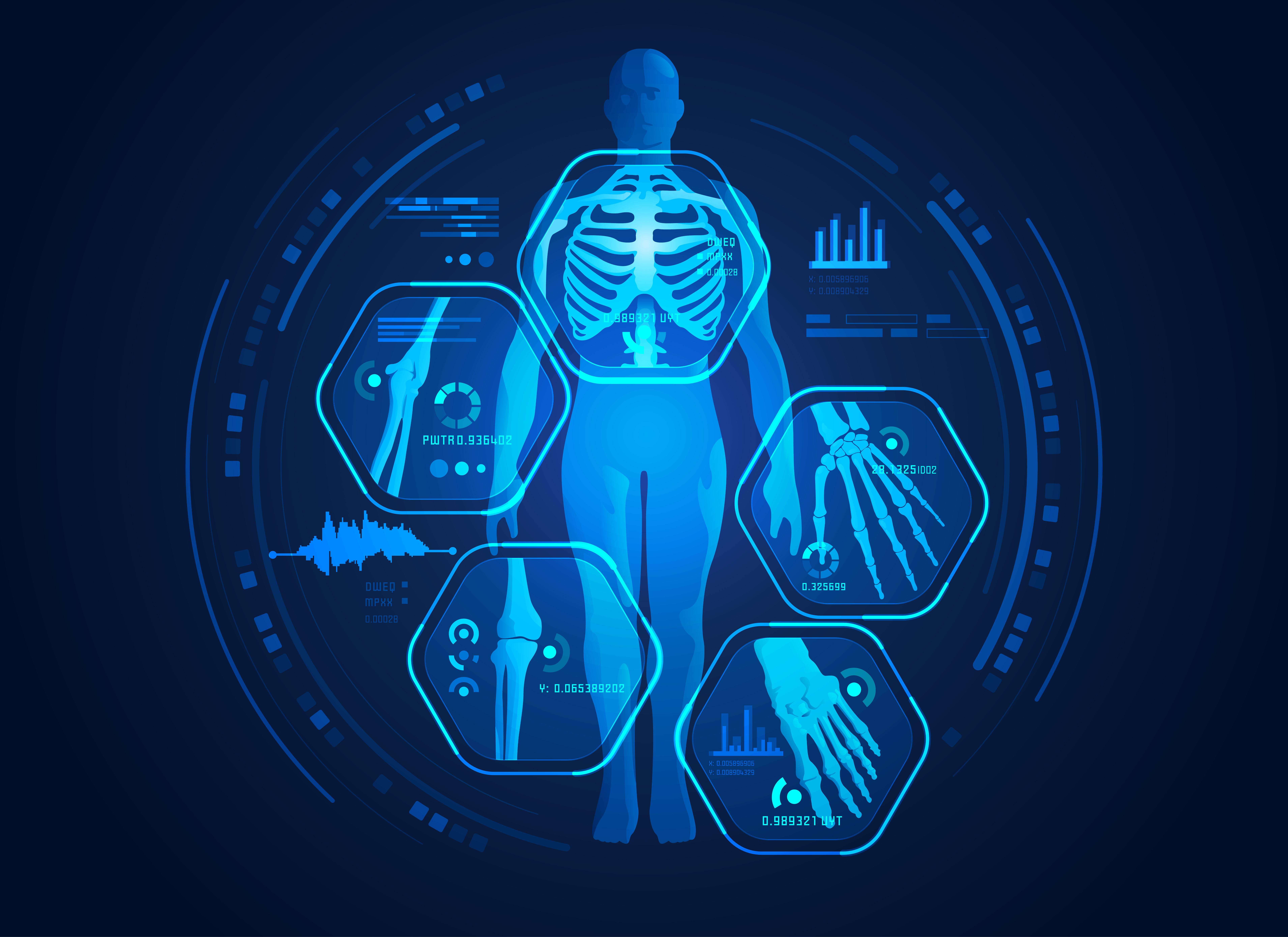
In an effort to accelerate the application of AI to medical imaging, UC San Francisco (UCSF) recently announced it is launching the Center for Intelligent Imaging, or ci2.
“The Center for Intelligent Imaging will serve as a hub for the multidisciplinary development of AI in imaging to meet unmet clinical needs and provide a platform to measure impact and outcomes of this technology,” said Christopher Hess, MD, PhD, chair of the UCSF Department of Radiology and Biomedical Imaging, at the time of the announcement. “The result will be more efficient, higher-value imaging for patients within and outside of UCSF.”
Researchers will use patient images and clinical data and UCSF Health and other institutions to develop, test, and validate deep learning algorithms. For example, using funds from the National Institutes of Health, a team at the center will lead a study evaluating chronic back pain using AI tools, data analytics, and brain imaging.
The center will also connect academic innovation to startups, promoting collaborative AI research and development. London-based Kheiron Medical Technologies, Ltd., will be the first startup to leverage the capabilities of ci2, working with the UCSF breast imaging group to ensure that breast cancer screening software can be safely and feasibly deployed in ethnically diverse populations.
“Breast cancer affects every woman’s life, either directly or indirectly,” said Bonnie Joe, MD, PhD, professor of radiology and chief of breast imaging in the department. “The impact of AI is magnified through its application to breast imaging. Augmenting the radiologist’s ability to detect breast cancer early will help us make a dent in this deadly disease.”
Researchers expect that the collaboration will advance care delivery for cancer patients.
“ci2 is unique in its focus of accelerating the translation of AI from the laboratory to the bedside, putting AI software through its paces to make sure it is safe and effective for patients,” said Peter Kecskemethy, chief executive officer of Kheiron Medical. “Together, we believe we can help usher in a new age of cancer care when AI-supported cancer diagnostics and workflows enable doctors to provide earlier and more accurate detection and tracking, and better outcomes for patients across the globe.”
Another goal for ci2 is to further integrate AI technology into routine clinical care, accelerating diagnostic processes and improving outcomes.
“The volume of medical imaging has been rapidly increasing and radiologists are struggling to keep up with the sheer number of images,” said Sharmila Majumdar, PhD, a professor and vice chair in the UCSF Department of Radiology and Biomedical Imaging. “ci2 aims to impact the entire value chain of imaging, from the time the patient comes for a scan to the final delivery of individualized, quantitative, prognostic and care-defining information.”


